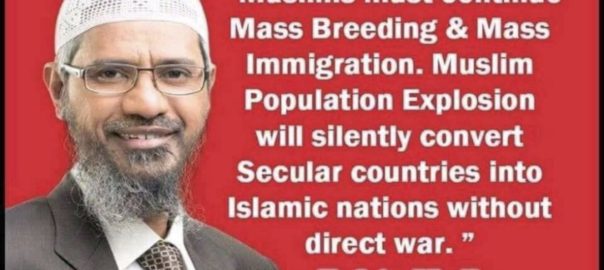While the Quran does not dwell on politics it does make mention of the concepts of the oppressed (mustad’afeen), emigration (hijra), the Muslim community (Ummah), and fighting in the way of God (jihad), that can have political implications. A number of verses (such as Q.4:98) talk about mustad’afeen which can be translated as “those deemed weak”, “underdogs”, or “the oppressed”, how they are put upon by people such as the pharaoh, how God wishes them to be treated justly, and how they should emigrate from the land where they are oppressed (Q.4:99). Abraham was an “emigrant unto my Lord” (Q.29:25). War against unbelievers (Kuffar) is commanded and divine aid promised, although some verse(s) state this may be when unbelievers start the war and treaties may end the war. The Quran also devotes some verses to the proper division of spoils captured in war among the victors. War against internal enemies or “hypocrites” (munafiqun) is also commanded. Some commands did not extend past the life of the prophet such as ones to refer quarrels to God and his prophet or not to shout at or raise your voice when talking to the prophet. Limiting its political teaching is the fact that the Quran does not mention “any formal and continuing structure of authority”, only orders to obey the Prophet, and that its themes were of limited use when the success of Islam meant governance of “a vast territory populate mainly peasants, and dominate by cities and states” alien to nomadic desert life.
Political Islam Part 49
